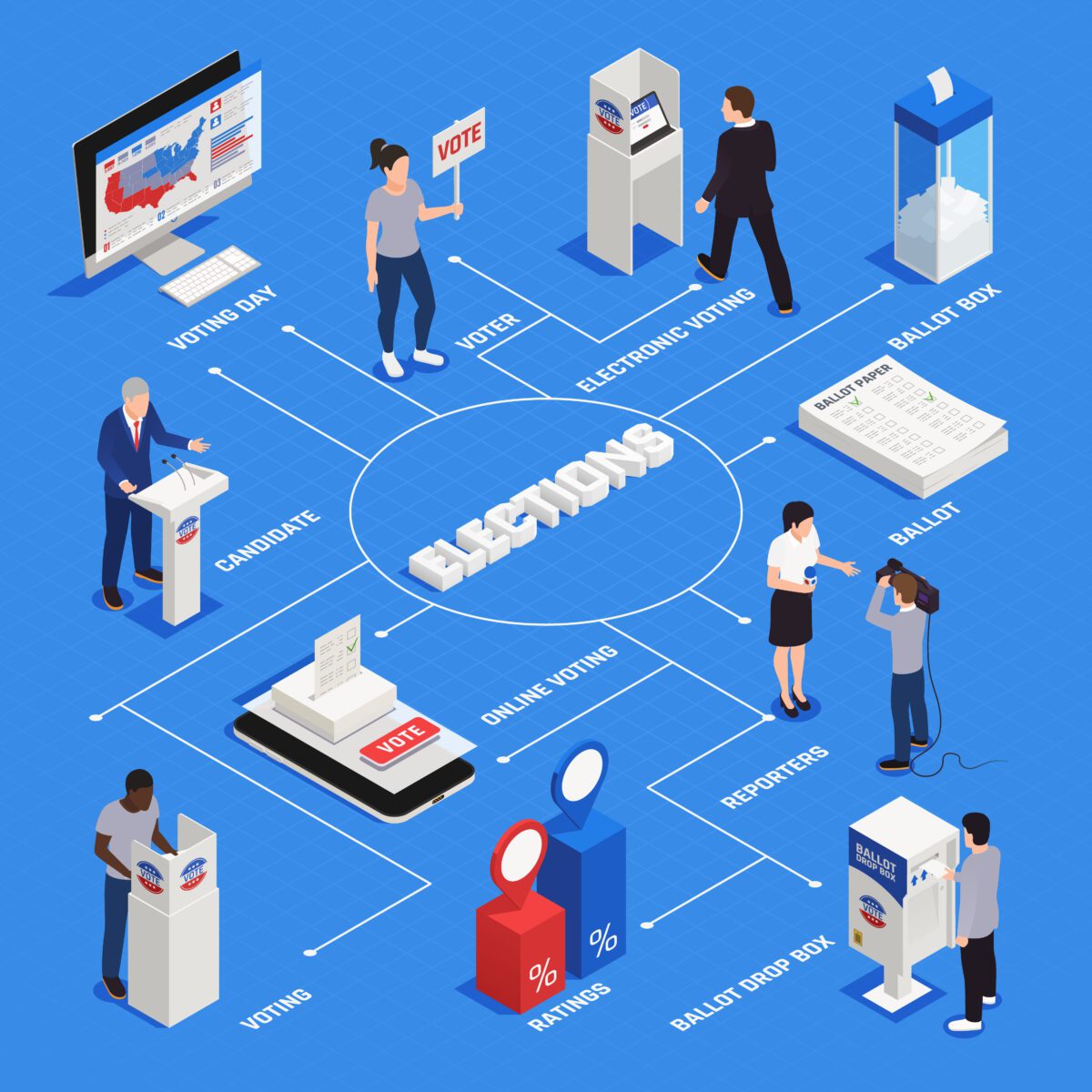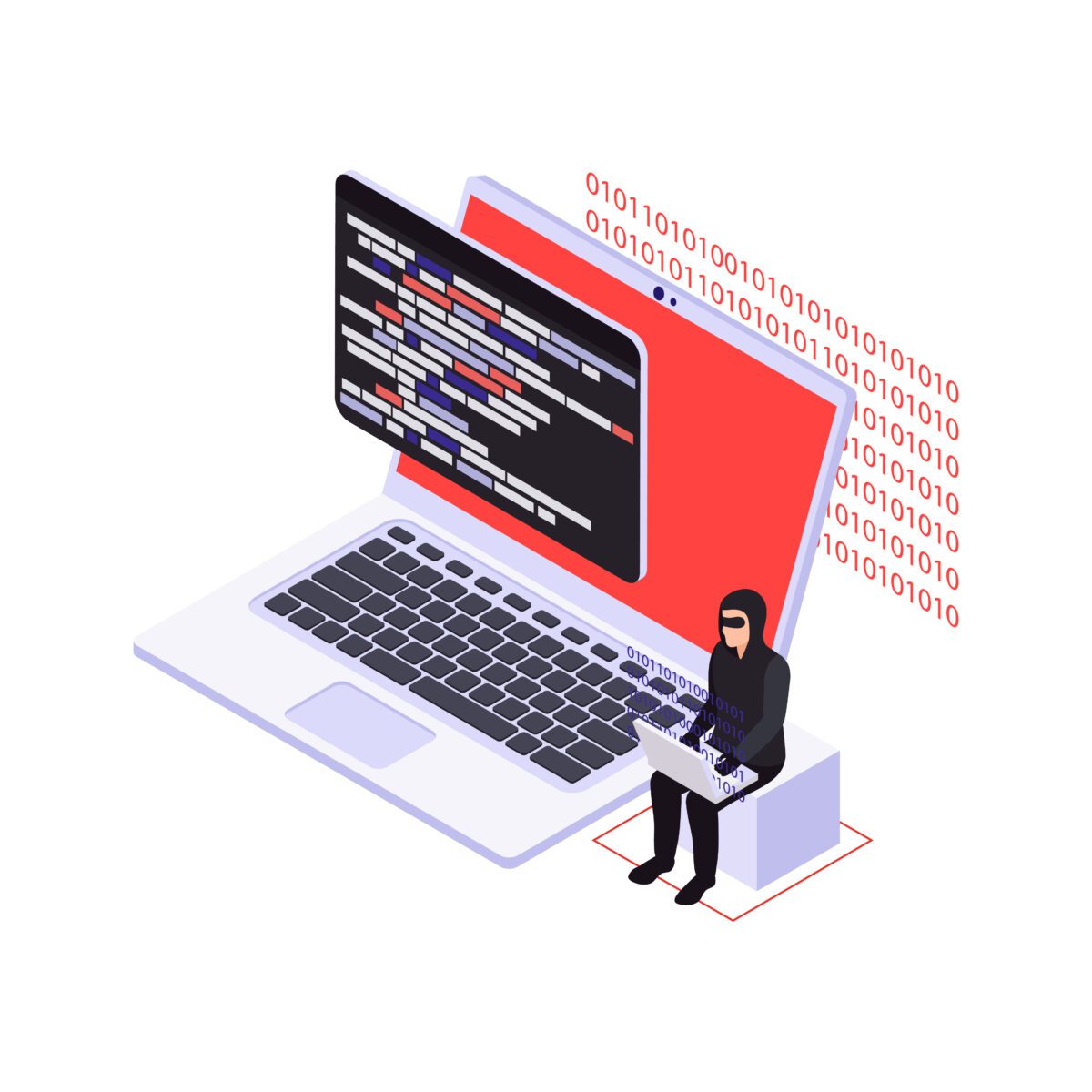Electoral processes are pivotal components of successful democracies. However, traditional voting systems have come to face many problems in fulfilling pledges of trustworthiness, security and transparency. Consequently, the concept of blockchain development technology has emerged as a potentially game changing solution to these issues.
Blockchain-based voting apps offer the thrilling promise of safe, transparent and extremely difficult to modify platforms for both casting and recounting votes, ultimately enhancing the integrity, confidence and authenticity that electoral governance justly demands.
This article aims to inform us on the advantages stemming from these voting apps as well as some of their accompanying challenges; assessments that are necessary to fully understand how this use of blockchain could reform the way democracy acts on election day.

The Need for Electoral Integrity
Modern democracies are firmly rooted on the fundamental principle that their elections must be fair and transparent. This allows for citizens to feel heard and seen in government, fully represented and accountable.
But traditional voting systems consisting of physical paper ballots or electronic machines have encountered numerous criticisms due to possible security threats, voter fraud issues, and obscurity which lead policy makers to reconsider this method.
For these reasons, many countries across the world are calling for the need of more unsuspecting and robust ways to hold elections. Aside from providing strong security protocols, these methods need to retain reasonable levels of transparency associated with traditional voting processes as well.
Blockchain Technology: A Game-Changer for Voting
Blockchain technology once meant solely to underpin cryptocurrencies such as Bitcoin, has now found use in virtually every industry. At its foundation is a decentralised and shared digital ledger that records transactions in an evidential and unalterable way. Every additional block of data is linked together by the chain of already existing ones; this prompted creating the name of “blockchain.”
Features of Blockchain
This technology’s inherent features can be leveraged to create a secure and transparent voting system.
Enhancing Electoral Integrity
Blockchain app development for voting offer a variety of advantages, particularly in terms of electoral integrity. Built on the principles of decentralised security and immutability, the blockchain network creates an extraordinarily secure environment: every vote cast is registered cryptographically and consequently can neither be changed nor altered. This ensures that records remain valid and untampered and provides far greater trust to view credible election outcomes that accurately reflect the electorate’s will.
Decentralisation and Security
Centralised voting systems are unfortunately vulnerable to cyber hacking and data breaches. In contrast, blockchain-based voting apps are highly secure due to the technical structure being found on a decentralised network of computers. For a malicious actor to break into the system would demand tremendous information and support by gaining control over a blockbuster portion of the several dispersed elements building up the entire arrangement. Decentralisation further inhibits any chances for cyber-attacks and inappropriate accesses or attempts out of scope, ensuring the process sturdiness of the vote that governs sovereignty in its true sovereign entity form.
Increased Accessibility and Participation
Blockchain-based voting apps have the potential to increase voter accessibility and participation. With traditional voting methods, individuals who are unable to physically visit polling stations face barriers to casting their votes. Blockchain technology enables remote and secure voting, allowing citizens to participate in elections regardless of their geographical location. This inclusivity can lead to higher voter turnout and a more representative democratic process.
Challenges and Considerations
While blockchain-based voting apps offer numerous benefits, they also come with their own set of challenges and considerations.
Digital Divide:
Not all citizens have equal access to technology, potentially excluding certain demographics from participating in blockchain-based elections. Addressing this digital divide is crucial to ensuring equitable access to the voting process.

Voter Privacy:
While blockchain transactions are pseudonymous, ensuring voter privacy is still a concern. Striking the right balance between transparency and privacy is essential to prevent the identification of individual voters while maintaining the integrity of the system.
Technical Expertise:
Implementing and using blockchain-based voting apps require a level of technical literacy that not all voters may possess. Clear and user-friendly interfaces are necessary to make the technology accessible to a wide range of individuals.
Regulatory Challenges:
Integrating blockchain application development into the electoral process involves navigating regulatory frameworks and legal challenges. Governments need to establish guidelines to ensure the legality and legitimacy of blockchain-based elections.
Conclusion
Election integrity has long been a matter of deep concern. However, emerging blockchain technology offers a tremendous opportunity to revolutionise the election process. Blockchain tech introduces two perspectives that could dramatically change the voting system: its transparent, tamper-resistant characteristics, and its unparalleled security. With these improvements, blockchain-based voting apps have gone from theory to possibility.
For successful utilisation of this new approach, officials must explore opportunities wishfully while considering potential impediments. Accessibility, privacy concerns, technical expertise, and regulations are all significant implications that any implementation should anticipate.
The arrival of blockchain development services severely challenges preconceptions of ballot boxes and static forms. It has the potential to increase trust with improved integrity and make the voice of every registered citizen count more effectively than ever before. As societies look to enhance their democratic principles and processes, blockchain based voting applications could well offer an opportunity for humongous improvement into the future of securer political landscapes around the world.
What sets QSS Technosoft Inc apart as the ideal choice for Blockchain-Based Voting Apps?
At QSS Technosoft Inc., we call our unique brand voice a hallmark of our business. It not only separates us from many other companies in our space, but it also resonates deeply with those with whom we interact. Our message is both accessible and authoritative, creating an evident bond with customers that happens instantaneously.
Our focus on demonstrating the value of blockchain app development technology for those that exist to put it into use is paramount in everything we say and do. We stress its benefits and facilitate how every customer can experience them—giving each business the expert enablement their specific operation necessitates.


Blockchain Development Based Voting Apps: Enhancing Electoral Integrity and Trust